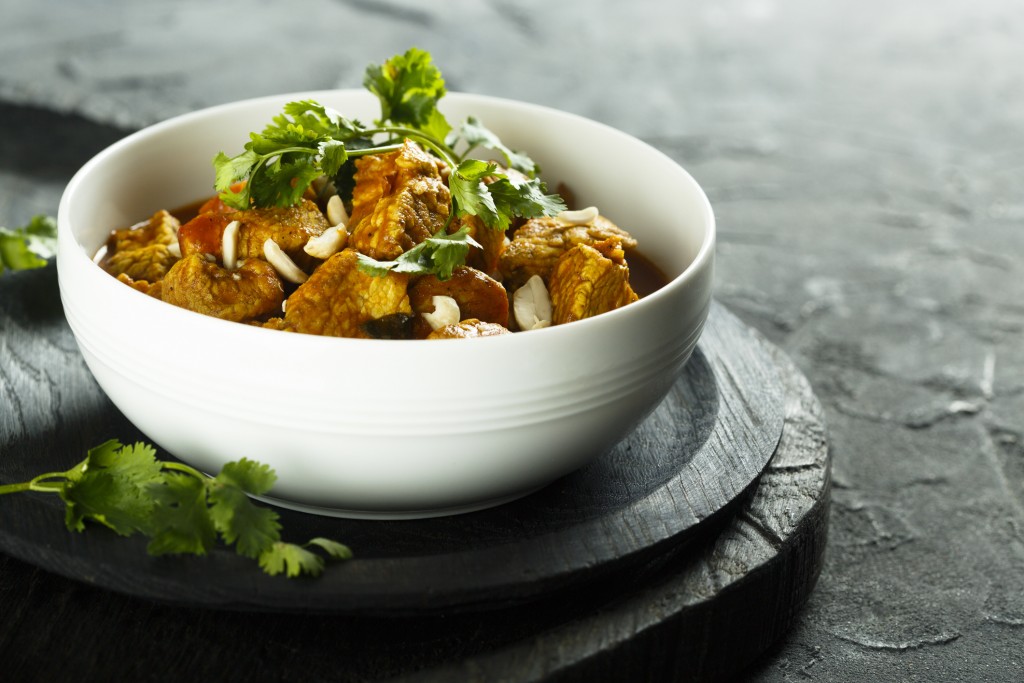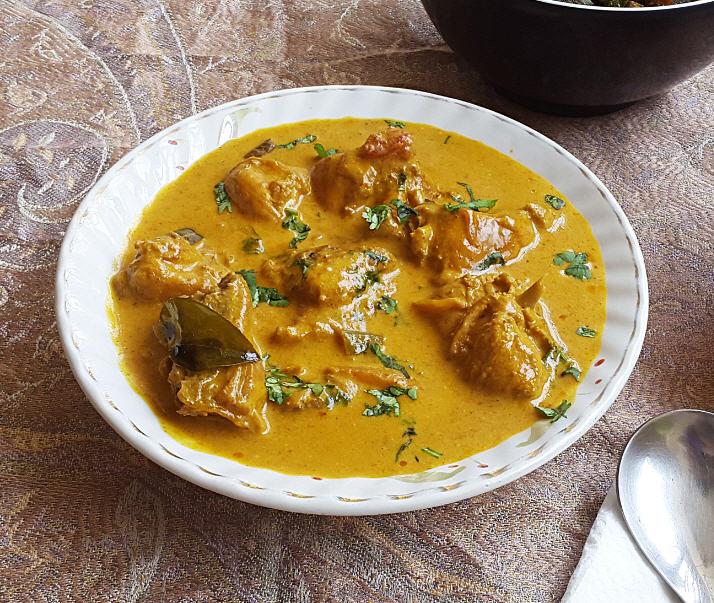Can Curry Help Prevent Alzheimer’s Disease?


In fact, Indians aged 70 to 79 years are four times less likely to have Alzheimer’s disease than Americans.
The reason for this difference is unknown, but the Indian diet may very well have something to do with it.
Curry dishes, of course, are a staple of the Indian diet. A few years back, a study actually found that Asians who occasionally ate curry performed better on cognitive tests than those who rarely did.
Since then other studies have pointed to the benefits of turmeric, a key spice in curry sauces.
Is Curcumin Curry’s Key Ingredient?
The use of turmeric dates back more than a thousand years. In ancient India, it was used for medicinal, culinary, and even spiritual purposes. Today, turmeric is one of the most clinically researched herbs.
Scientists believe curcumin is the active ingredient behind turmeric’s brain-protective effects.
Curcumin Stops Amyloid Plaque Formation
A number of factors are believed to contribute to Alzheimer’s disease. Oxidative stress, mitochondrial dysfunction, inflammation, and heavy metal toxicity are implicated. The formation of beta-amyloid plaque is a key feature of the condition.
 Curcumin tackles several of the potential factors implicated in Alzheimer’s disease. One important feature is its ability to interrupt beta-amyloid plaque.
Curcumin tackles several of the potential factors implicated in Alzheimer’s disease. One important feature is its ability to interrupt beta-amyloid plaque.
Studies show curcumin prevents amyloid beta molecules from assembling and destabilizes them after they have formed. This permits the body’s natural cleanup cells, macrophages, to rapidly clear them before they damage brain cells.
Curcumin also displays strong antioxidant activity. It decreases free radicals that destroy neurons, and it chelates brain-damaging heavy metals.
A clinical trial found that curcumin had anti-inflammatory effects and possibly reduced amyloid beta aggregation in 27 people. In other studies, animals with Alzheimer’s-like symptoms showed improvement on cognitive tests after being given curcumin.
The Bottom Line
Alzheimer’s disease is a growing health concern worldwide. So naturally, it makes sense to take nutritional approaches for prevention.
Cooking with turmeric and supplementing with curcumin are just two precautions you can take. For more suggestions, be sure to check out our Alzheimer’s protocol.
Also, here is a curry recipe, courtesy of the Detoxinista.
Enjoy!
Recipe: Easy Coconut Curry
Ingredients:
For the sauce:
- 1 teaspoon coconut oil
- ½ yellow onion, chopped
- 2 cloves garlic, minced
- 1½ to 2 tablespoons curry powder
- 1 (13.5 oz.) can coconut milk
- 1 tablespoon tamari, or soy sauce
- 1 tablespoon pure maple syrup
- ½ teaspoon salt
To complete the dish:
- 1 sweet potato, chopped
- 1 lb. assorted vegetables, chopped
- 1 cup quinoa, rinsed
- 2 cups water
Instructions:
To get started, combine the quinoa and water in a small saucepan over high heat, and bring it to a boil. Once boiling, cover the pot and reduce the heat to low, allowing the quinoa to cook for 15 minutes while you work on the curry sauce.
In the meantime, melt the coconut oil in a 3-quart saute pan over medium heat, and saute the onions and garlic until tender, about 5 minutes. Add in the coconut milk, curry powder, tamari, maple syrup and salt and whisk well to combine. (Since curry powders can vary by brand, start with a smaller amount and add more to suit your tastes.)
Adjust any other flavors as needed, then bring the sauce to a simmer and add in the chopped sweet potatoes. Cover the pan, and allow the sweet potatoes to steam in the sauce for 5 minutes. Finally, add the rest of the vegetables, toss in the sauce to coat, then cover and allow to steam until fork-tender.
Fluff the cooked quinoa with a fork, then serve with a generous portion of the vegetables and curry sauce. Enjoy!
